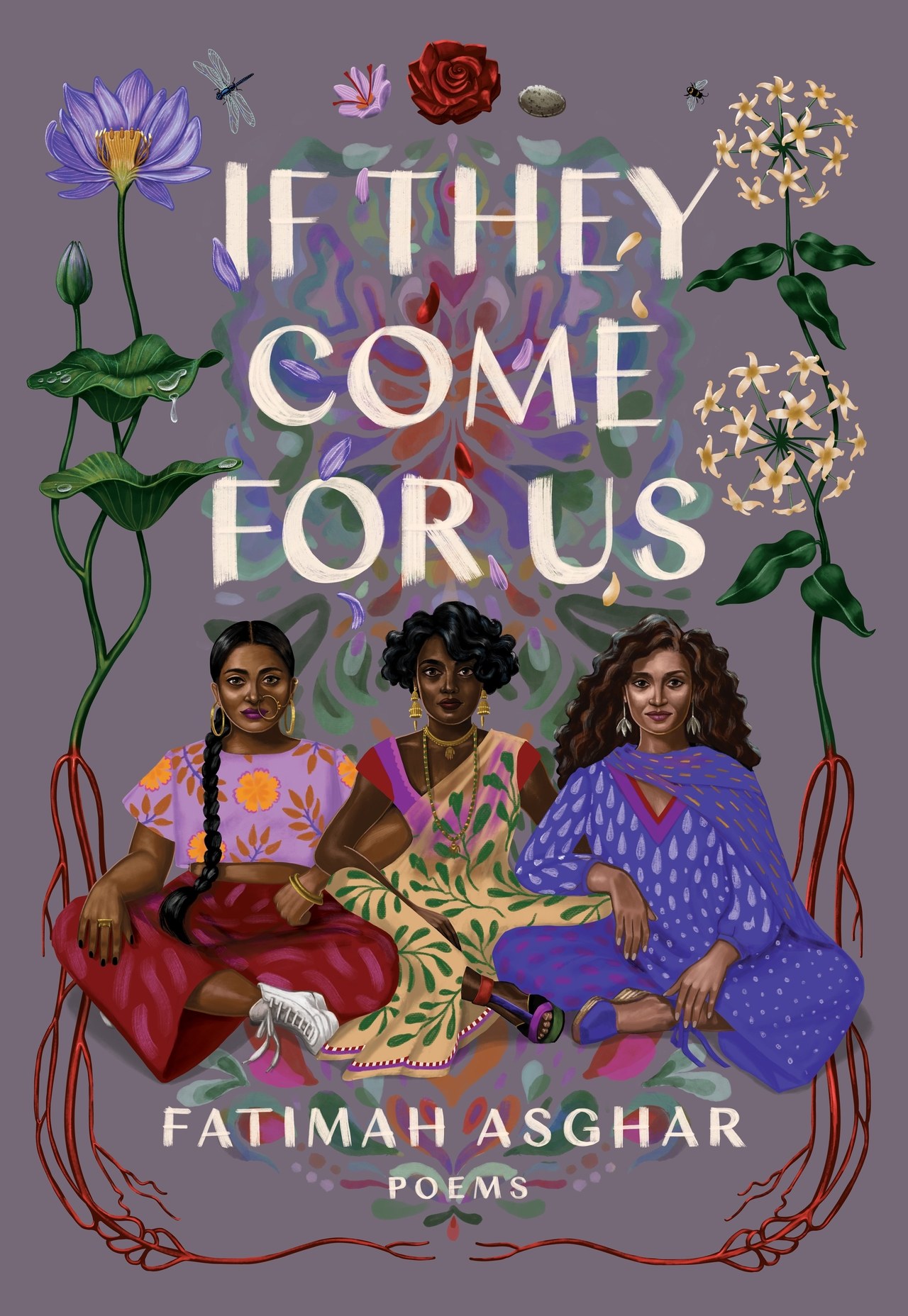Fatimah Asghar of 'Brown Girls' on Turning Microagressions Into Dark Comedy

In a world short on joy, humor can be a unifier and a survival tool. In that spirit, we bring you our Comedy Issue, a month-long celebration of funny (and fearless) women and the enduring power of a good laugh.
I’ve spent a lot of time at borders, in the space between two countries or two places. Recently, as I stood in the Pakistani consulate, applying for a visa to visit my father’s family, a man stared quizzically at me. “Where’s your husband?” he demanded. I explained that I wasn’t married; I am a woman, alone. “You’re 28? You should be married,” he responded with the same judgment as my aunties’ at family barbecues; then he consulted his supervisors about what to do with me. On another day I might have corrected him, explaining how I don’t need to be with someone to be a full human; or how, because I am queer, my spouse wouldn’t necessarily be a man anyway. But because I needed a visa, I held my tongue.
Interactions like this are common: people demanding to know what man claims me. I get it from strangers who slide into my DMs to family members who ask whether I’m ready to get married. A few weeks ago, my uncle called to tell me about an engineer in Pakistan I should marry. When I declined, my uncle asked if I had ever used a neti pot; he had recently used one and it changed his life. The call ended with him saying, “OK, just take some time to think about the marriage? And think about using a neti pot.”
Asghar’s web series, *Brown Girls,* now in development for HBO.
The surreality of these exchanges and their extreme casualness makes them hilarious. As a screenwriter I pepper them into my scripts because they’re part of the fabric of my life. I’m not a sitcom writer; I prefer dark comedy, diving into microaggressions and cultural misunderstandings. I’m also a poet, whereby I explore the bleaker undertones of these moments: what it’s like to have my queerness negated, to have my religion questioned in queer spaces, to always have to explain myself, and to not be honest about both my religion and sexuality. It is the feeling of being forever stuck at the border, of never knowing why your identity might spark some trouble: because I’m Muslim? American? queer? brown? a woman?
Once, when I was traveling from Jordan to Syria at night, a border control agent took my passport, locked it in a drawer, and said he would consider giving me a visa in the morning. Passportless, I played cards with my friends all night as we slept in shifts. Another time I was detained at the Israeli border and put into an isolated room for four hours as border agents questioned me about the nature of my visit. While these interactions are tense and riddled with fear, they also contain a strange beauty: In in-between spaces, things cease to have definition; you don’t belong to one country or another. It’s a strange and poetic land of possibility where I get to define myself on my own terms.
Courtesy of Random House
I’ve found my chosen family in queer communities of color and with other queer Muslims. What I long for most are spaces where I don’t have to explain myself, in which my identities are not contradictory, places where I get to be my full self. Where I—not a man or husband—decide who I am.
Fatimah Asghar, 28, is the creator of the Web series Brown Girls, now in development for HBO. Her book of poems, If They Come for Us, is out August 7th.
